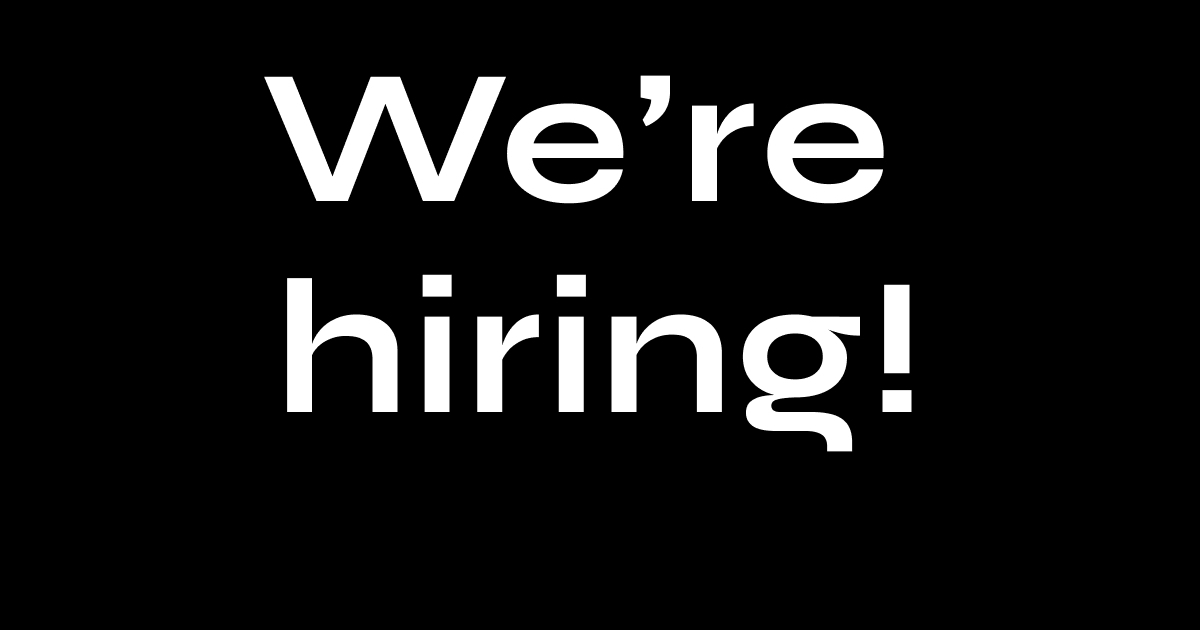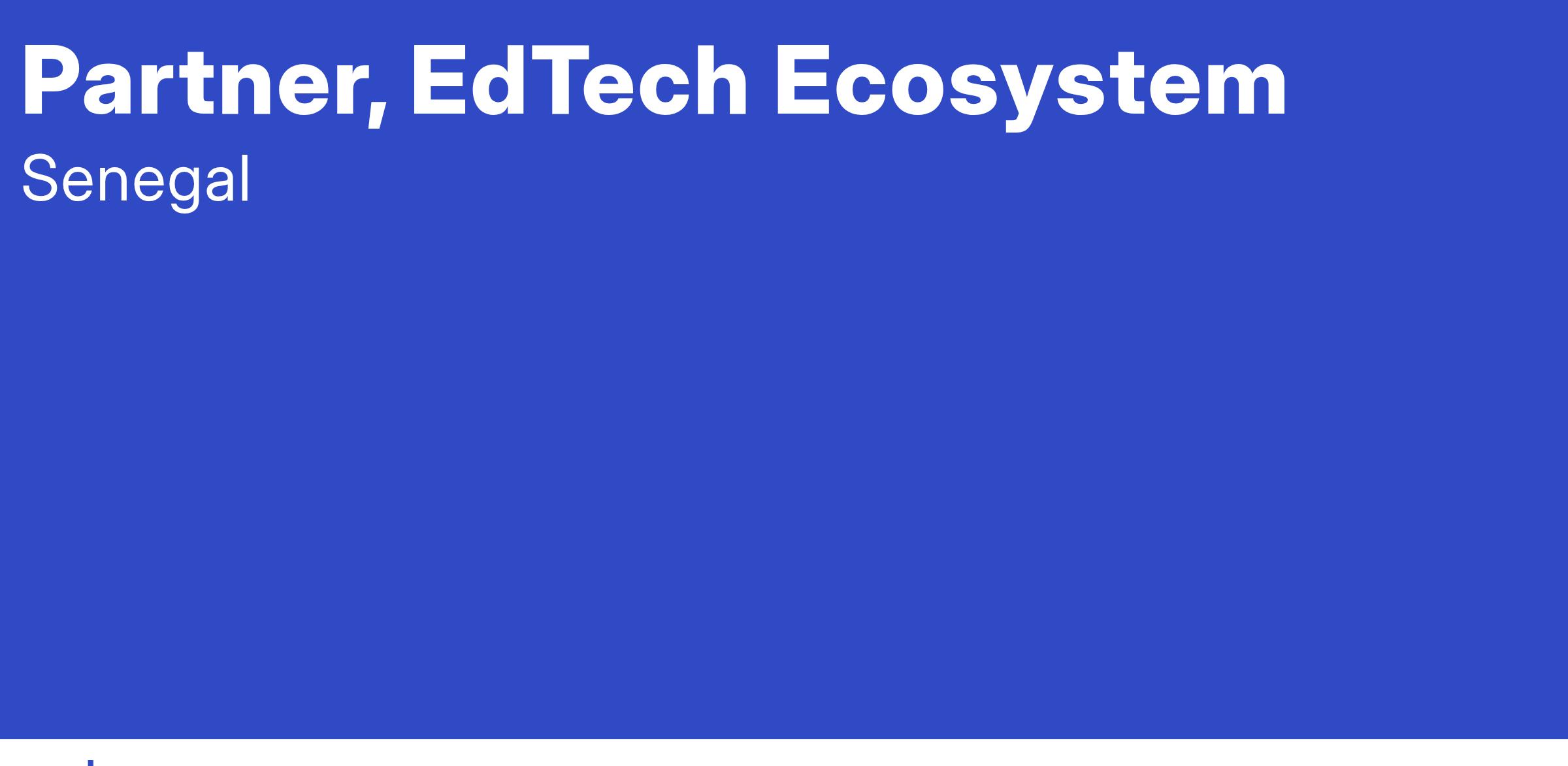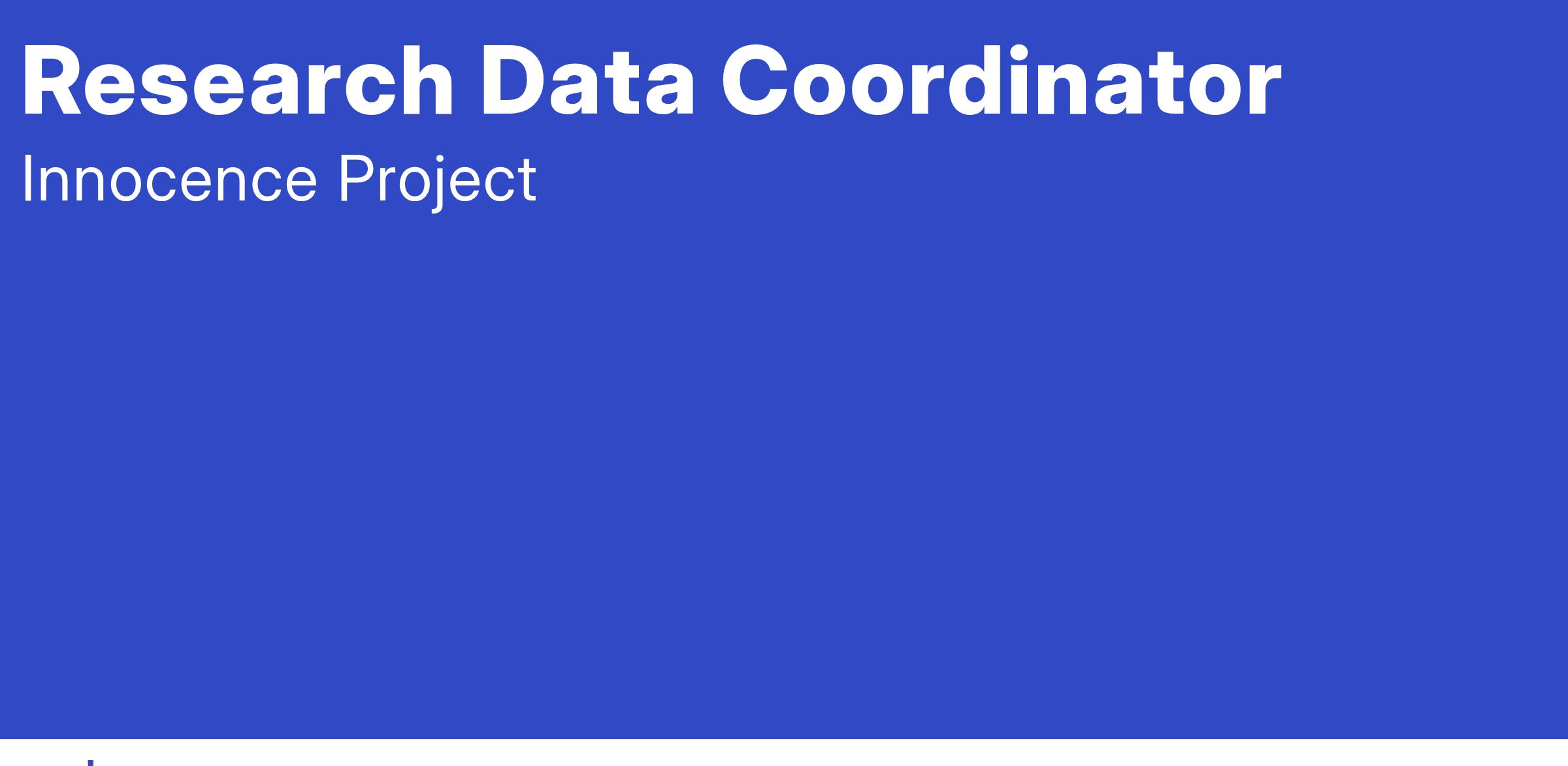Start learning AI in 2025
Keeping up with AI is hard – we get it!
That’s why over 1M professionals read Superhuman AI to stay ahead.
Get daily AI news, tools, and tutorials
Learn new AI skills you can use at work in 3 mins a day
Become 10X more productive
AI in Diplomacy: Promise and Peril in the Digital Age
They say artificial intelligence is like a diplomat's new interpreter—it speaks every language fluently but occasionally translates "peace treaty" as "pizza party." As AI fundamentally reshapes international relations across continents, from the European Union's AI Act to China's AI governance frameworks, the technology offers unprecedented tools while creating challenges that threaten traditional diplomatic practice worldwide.

What's Working Well
Enhanced Data Analysis and Predictive Capabilities are revolutionizing how diplomats make decisions from Brussels to Beijing. AI systems can now process vast amounts of diplomatic communications, identifying subtle shifts in language and tone that indicate changes in national positions. Machine learning algorithms analyze historical data to forecast potential outcomes of diplomatic actions, enabling sophisticated scenario planning that was previously impossible. The European External Action Service has begun using AI to analyze global sentiment trends, while Singapore's Ministry of Foreign Affairs employs predictive analytics to anticipate regional tensions before they escalate.
Real-time Translation and Communication improvements are breaking down language barriers that have historically hindered diplomatic engagement across diverse linguistic regions. AI-powered translation tools enable diplomats to understand sentiment in foreign societies faster and more accurately by processing open-source material across multiple languages simultaneously. This capability is particularly crucial for multilingual regions like the African Union, where diplomatic missions can now gauge real-time public opinion across 55 member states and adjust their messaging accordingly.
Automated Administrative Tasks are freeing diplomats worldwide to focus on relationship-building and strategic thinking—the uniquely human aspects of diplomacy that no algorithm can replace. AI systems can generate initial drafts of reports, build institutional memory for newly arrived diplomats, and provide contextual briefings about host countries. From Canada's Global Affairs to India's Ministry of External Affairs, diplomatic services are using AI to handle routine administrative work, allowing human diplomats to focus on the nuanced relationship-building that remains at the heart of effective diplomacy.
What's Not Working Well
Weaponization and Military Applications represent perhaps the most concerning development in AI diplomacy globally. The technology is increasingly being used to develop autonomous weapons systems and enhance military precision, creating new security dilemmas that traditional arms control frameworks struggle to address. UN Secretary-General António Guterres has called for a ban on lethal autonomous weapons under international law, while the International Committee of the Red Cross warns that AI weapons could fundamentally alter the nature of warfare across conflict zones from Ukraine to the Sahel.
Surveillance and Espionage capabilities are creating new tensions in international relations, particularly affecting diplomatic missions worldwide. AI-driven surveillance systems enable mass monitoring of populations, while facial recognition technology raises serious privacy concerns for diplomatic personnel and their contacts. The dual-use nature of AI means that technologies developed for legitimate diplomatic purposes can easily be repurposed for intelligence gathering, creating trust deficits between nations and complicating diplomatic immunity protections.
Algorithmic Bias and Disinformation are undermining the quality of diplomatic discourse across digital platforms globally. Social media algorithms that underlie modern public diplomacy can limit effectiveness while facilitating disinformation campaigns that transcend borders. These systems often present users with content that aligns with their existing preferences, creating echo chambers that make it difficult for diplomats to reach hostile audiences or counter false narratives, whether combating Russian disinformation in Eastern Europe or addressing conspiracy theories in the Global South.
Fragmented Governance and Regulatory Gaps are creating coordination challenges across different legal and cultural systems. The rapid pace of AI development is outstripping diplomatic institutions' ability to create effective governance frameworks. While the EU advances its AI Act, China develops its own AI governance model, and African nations work through the African Union to establish continental AI principles, the lack of global coordination creates regulatory arbitrage opportunities that undermine collective action.
Key Organizations and Resources
For those seeking to understand and engage with AI diplomacy globally, several organizations offer valuable resources and upskilling opportunities:
Geneva Internet Platform offers detailed analysis and policy recommendations on AI diplomacy, focusing on international collaboration and norm-setting for ethical AI development. Based in Geneva's international hub, they provide regular briefings and policy papers for practitioners from multilateral organizations and national governments.
Chatham House conducts research on AI's impact on diplomatic practice and offers academic programs that combine international relations with technology policy. Their work bridges academic research with practical application, with particular strength in analyzing how AI affects diplomatic relations across different cultural and political contexts.
International Institute for Strategic Studies (IISS) provides analysis and training on the intersection of technology and diplomacy, including AI's role in foreign policy decision-making. They offer both research and educational programs for diplomats and policy makers from around the world.
Council on Foreign Relations conducts regular forums on AI and diplomacy, bringing together senior government officials and private sector leaders to discuss policy frameworks. Their global network provides insights into how different regions approach AI governance and diplomatic integration.
Meridian International Center offers detailed analysis and policy recommendations on AI diplomacy, focusing on international collaboration and norm-setting for ethical AI development. They provide regular briefings and policy papers for practitioners working across different cultural and political contexts.
For audio learning, the conversation around AI and diplomacy is enriched by several thoughtful podcasts that dig into the human implications of these technological shifts. The Social Change Career Podcast explores in part how technology is reshaping careers in international development and diplomacy, offering practical insights for those building careers at the intersection of technology and social impact. The Diplomatic Immunity Podcast provides frank conversations about contemporary diplomatic challenges, including AI's impact on international cooperation across different cultural contexts. The Tech Policy Podcast from Lawfare offers critical discussions about AI's role in international relations, including debates about global governance frameworks and cross-border technology transfer. For a more global perspective, the Global GovernAI Podcast brings together voices from around the world to discuss AI governance challenges in international relations.
The future of AI in diplomacy will likely depend on how well the international community can harness its benefits while mitigating its risks through inclusive, multilateral approaches. Success will require not just technological advancement, but also new forms of international cooperation that bridge different legal systems, cultural contexts, and development levels. Most importantly, it will require remembering that at its core, diplomacy remains a fundamentally human endeavor—one that relies on empathy, cultural understanding, and the ability to build trust across differences that no algorithm can fully replicate. Because apparently, teaching AI diplomacy is easier than teaching diplomats AI, but neither is as challenging as teaching humans to work together in the first place.

Share your feedback on the AI for Impact Newsletter
AI for Impact Opportunities
Learn AI in 5 minutes a day
What’s the secret to staying ahead of the curve in the world of AI? Information. Luckily, you can join 1,000,000+ early adopters reading The Rundown AI — the free newsletter that makes you smarter on AI with just a 5-minute read per day.
News & Resources
😄 Joke of the Day
Why did the AI break up with the algorithm?
Because it needed space—too many parameters in the relationship!
🌍 News
💧 Google signs major hydropower deal in Finland to power data centers with renewable energy, showcasing how tech companies are navigating the intersection of AI, energy demand, and sustainability.
👉 Read on The Guardian☀️ Recycling solar panels is harder than it sounds, and engineers explain why current tech (and AI) needs to evolve to manage solar e-waste.
👉 Read on Fast Company🚨 Drone ethics under fire: An investigation into Israeli importers of Autel drones reveals how consumer-grade AI tech is being used in military operations—raising urgent ethical concerns.
👉 Read on +972 Magazine
💼 Career Resource
Looking to work on meaningful AI projects? jobs.pcdn.global features 500+ impact opportunities, updated daily.
✅ Recruiters: Consider posting here—high-impact, low-cost, mission-aligned exposure.
🔗 LinkedIn Connection
Amanda Bickerstaff – Former educator turned AI-for-education champion. CEO of AI for Education, she’s leading ethical adoption of AI in classrooms.
🔗 Connect with Amanda




















